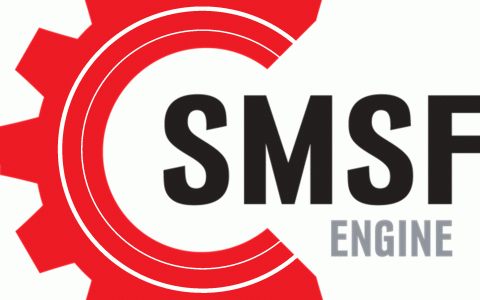
INCREASING THE MAXIMUM NUMBER OF SMSF MEMBERS TO SIX
Legislation was introduced to the Senate on 2 September 2020 to increase the number of members in an SMSF from four to six.
The Bill has been referred to the Senate Economics Legislation Committee to consider the merits of the Bill as well as other administrative and tax-related matters. The Committee is due to respond to the Senate by 4 November at which point there will only be 12 sitting days before 31 December. If passed, the amendments will apply from the start of the quarter after it received Royal Assent.
Currently, some state Trustee Acts (NSW, QLD, VIC, WA and ACT) only allow a maximum of four individual trustees. Therefore, SMSFs looking to take advantage of the increased membership would need to have a corporate trustee unless those state Acts are updated.
Increasing the membership can provide a number of advantages, such as enabling larger families to include more family members, potential savings in administration costs, allowing the fund to diversify its investments or assisting with liquidity issues. There are also disadvantages to increased membership including existing trustees/directors being ‘out-voted’ and the requirement to make decisions in the interests of all members, who may have different risk profiles.
ORIGINAL TRUST DEED LOST
Sutton v NRS(J) Pty Ltd [2020] NSWC 826 was a recent case where the original deed was lost and the trustees were operating that trust with only a photocopy of the original deed. Whilst this case doesn’t deal specifically with an SMSF, they are a form of trust and so, the outcome is still relevant.
The issue arose with the trust’s bank as all Australian banks are required to operate under a ‘know your customer’ policy. In the case of a trust, this requires the bank to be satisfied the constituent documents (i.e. deed) are in order and to sight those documents. This wasn’t possible in this case as the original deed was lost and therefore, the bank could not verify that the photocopies were true copies. The bank account of the trust was then frozen.
This led to Court proceedings where the trustees requested a declaration from the Court that the photocopy was a true copy of the original. The Court was unable to provide this as it can only give a declaration regarding a legal state of affairs and not a matter of fact.
The Court however, found that the evidence made it overwhelmingly likely that the photocopy was a copy of the original. Therefore, the Court provided judicial advice under the relevant Act which enabled the trustees to administer the trust in accordance with the photocopy. Without this judicial advice, it is unclear whether the trust would be able to continue to operate.
WORK TEST AGE REQUIREMENT MOVED TO 67
Regulations are now in place so that from 1 July 2020, voluntary concessional and non-concessional contributions can be accepted for people age 65 and 66 without them needing to meet the work test. Also, people up to age 75 can receive spouse contributions however, if they are 67 or over, they will need to meet the work test before it can be accepted.
In-line with these Regulations, Legislation was introduced to allow individuals aged 65 and 66 to trigger the non-concessional contributions bring forward provision. This has passed through the House of Representatives but is yet to pass the Senate, so it is currently not law. The Senate next sits on 6 October and all indications are that it will pass.
COVID-19 RELIEF MEASURES
Rent deferral means the amount due is still owed and must be paid over the longer of the remaining term of the lease or 24 months. Under the current definition in SIS, this would be considered the provision of financial accommodation and therefore a loan from the landlord. If the tenant was a related party this would also fall under the in-house asset definition. The ATO have released a draft legislative instrument to ensure this definition is excluded from being an in-house asset for 2019/20 and 2020/21.
As borrowers approach the end of their six month loan repayment deferral period, the Australian Banking Association has outlined the next steps:
In cases where the borrower is still unable to restructure the loan, they may apply to their lender for an extra deferral period of up to four months.
Finally, Regulation was introduced on 3 September to extend the closing date to apply for early release of up to $10,000 from superannuation, under the ‘Compassionate Grounds – Coronavirus’ condition of release, to 31 December 2020.
Applicants must meet the conditions set out by the ATO when they submit their application. The ATO have issued strong warnings that they are reviewing an increasing number of applications and asking for evidence to support the declarations made. Where individuals are unable to provide that evidence, the amount withdrawn is treated as assessable income in the individual’s personal return. In addition, the ATO can issue a penalty of $12,600 for each false and misleading statement made.
As always, we’d love to hear from you if you need a hand or if you want us to manage your SMSFs. It’s what we do!
Please contact us if you need a hand on 1300 364 597 or email me at alex.polorotoff@smsfengine.com.au.


The super reforms provide a unique opportunity for SMSF professionals to review existing services offered to clients as well as […]
Keep up to date with all the latest SMSF news and updates by subscribing to SMSF Engine’s newsletter.